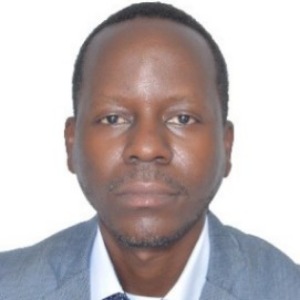Title : Design and modeling of an energy village for rural off grid communities in Uganda
Abstract:
Rural energy planning needs an integrated technical, economic, and social model for sustainability. In this work, a rural energy village concept was adopted. BidiBidi rural off grid settlement in Northwestern part of Uganda was chosen as a case study. Development of the energy village involved characterization of the settlement for energy uses, potential and formulation of optimal energy supply option. From household surveys, total energy demand for cooking, electrical appliances, and water pumping were 3,610 MWh/year with peak load of 410 kW, respectively. Renewable energy potential indicated average hourly wind speed of 2.6 m/s, average solar irradiation for an 8-hour sunshine hour of 0.7 kW/m2 and biogas potential of 246 x 106 m3/year. Optimal generation capacity for solar and biogas systems using MATLAB optimization modelling were 341.4 kW and 225.0 kW, respectively. Considering energy cost of 0.10 $/kWh and 0.15 $/kWh for systems operation at 100%, 75%, 50% and 30% capacities, payback period, NPV and Cost Benefit Ratio (CBR) were calculated. A positive NPV for 17 years project lifespan and CBR values greater than 1 showed economic feasibility of the project. Moreover, the average Levelized Cost of Energy (LCOE) was 0.031 $/kWh over the entire project lifespan. Harnessing hybrid renewable energy systems for the zone can meet energy demands of the households.
Keywords: Energy village; Rural communities; Energy Demand; Renewable sources; Modeling and simulation; Hybrid energy systems



